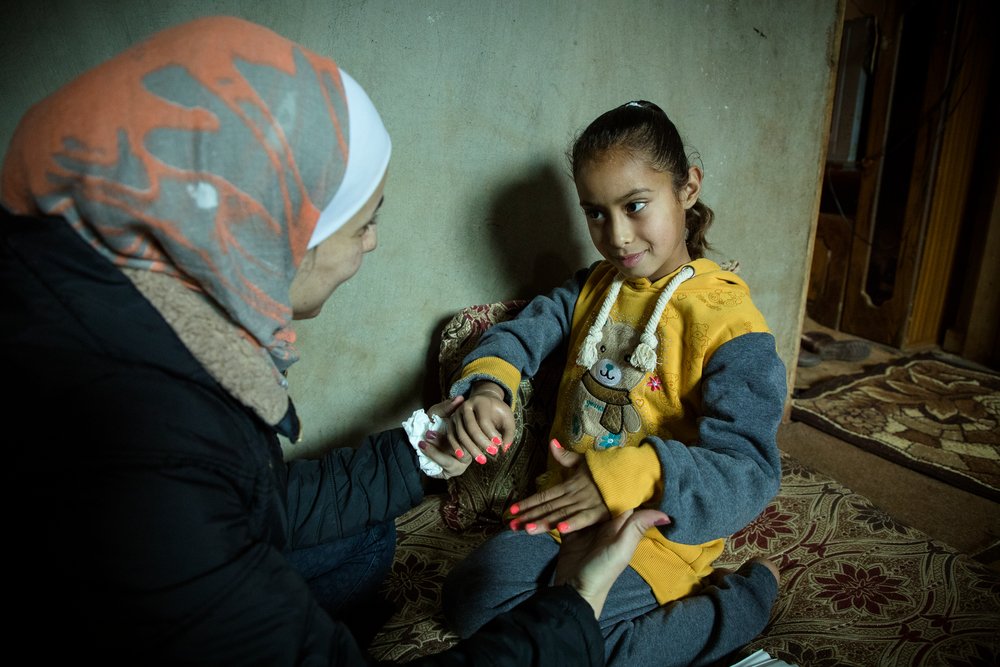We have resumed activities in our hospital for reconstructive surgery in the capital, Amman, after suspending admissions in preparation for the hospital’s use as a COVID-19 treatment centre. We are currently providing care to 146 patients, with an additional 30 people from Jordan ready for admission to the program during June.
We have conducted an assessment in Zaatari refugee camp and are preparing a dedicated facility for patient care in order to provide more support as needed.
In Irbid and Mafraq, we are preparing to resume face-to-face mental health consultations. We will continue to provide remote consultations over the phone for those who are unable or unwilling to attend consultations in person.

